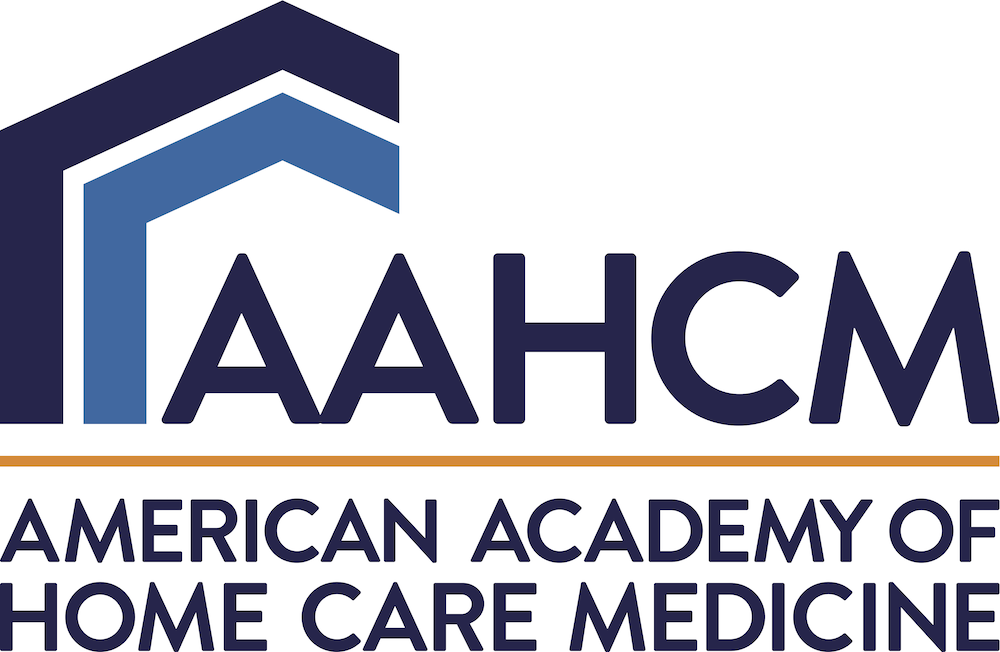- House Call Finder
- Join & Get Involved
- Public Policy
- Events
- Education
- Partners
- About
MYTH ABOUT HOME CAREMyth about home care:
Assisted living programs substitute
for skilled home care services
by Edward Ratner, MD Housing that is often called "assisted living" (AL) or "housing with services" has become increasingly popular, with approximately 800,000 elderly residing in over 30,000 such facilities in the U.S. These buildings typically offer a meal program, housekeeping, activities, and some level of nursing services on site. The elderly, their families, and many physicians have come to believe that these programs are comprehensive, similar to a nursing home. Therefore, they may consider the in-house nursing program to be a substitute for skilled home care services that are reimbursed by Medicare and other medical insurers. This is a modern home care myth. Most AL programs are designed to provide long-term supportive care to chronically-, but not acutely-, ill elderly. The architecture and the staffing patterns fit the needs of people who can join others for meals and have relatively stable or slowly progressive illnesses. Registered nurses organize medications for self- administration (with or without reminders by aides) and, after admission, perform limited periodic assessments. Depending upon the size of the program, a registered nurse is on-site between 40 hours per week and continuously. When elderly in AL facilities become acutely ill, return from the hospital, or just generally decline, the AL program may offer to increase its services. This is not the same as a referral to a Medicare-certified home health agency. Health care programs in AL are almost never Medicare certified. Medicare regulations require a lengthy standardized comprehensive assessment (OASIS) at onset of services and every 60 days. Skilled home health agencies must provide or arrange for a full range of services typically not available from the AL provider, such as medical social work and rehabilitation therapies. Skilled home health also requires detailed documentation of each visit by every caregiver, well beyond what is common among AL providers. The patient typically pays out of pocket for AL services, while Medicare-covered services are usually free to the patient. The Medicare home health benefit requires that the patient be "homebound." What does this mean in AL facilities? First, AL participants who come to the dining room or attend activities in the building may still be considered homebound. Second, being homebound does not need to be permanent. Many elderly in AL programs are chronically homebound, but virtually all are when acutely ill. It is important to remember that going to the doctor, day care programs, and weekly religious services are all permissible while being "homebound". Some AL providers also own a Medicare-certified home health agency. This arrangement can simplify referrals for Medicare reimbursed services and enhance coordination of care. Physicians should not presume that the AL provider will make all appropriate referrals, however. Lack of understanding of Medicare regulations or turf issues can limit referrals. Medicare forbids the AL provider from limiting patient choice of Medicare reimbursed home health providers. Even in AL, the patient has the right to receive services from any other Medicare-certified agency in the community. There are many indications for a referral for skilled home health services in AL. Medicare recognizes a need for skilled nursing care whenever a change in medication plan requires careful observation (e.g., follow-up blood pressures) or patient education. Wound care commonly requires skilled nursing visits. Acute changes in condition that are non-specific (e.g., weight loss or fever) or obviously related to an organ system (e.g., diarrhea or dysuria) justify a nursing evaluation and follow-up beyond that typically offered by AL providers. Rehabilitation therapy is usually appropriate when someone in an AL program falls, looses mobility or other functional abilities, or requires adjustments to mobility aids (e.g., walkers or wheelchairs). The Medicare outpatient rehab benefit can also be used in AL; it is less restrictive than the home health benefit. For example, the patient does not need to be homebound and occupational therapy can be the sole service provided. Assisted living programs seek to enable the frail elderly to avoid nursing home placement. Home health services under Medicare program guidelines offer a variety of ways to achieve this goal in addition to services provided by an AL program. Dispel the myth, use them together. |
